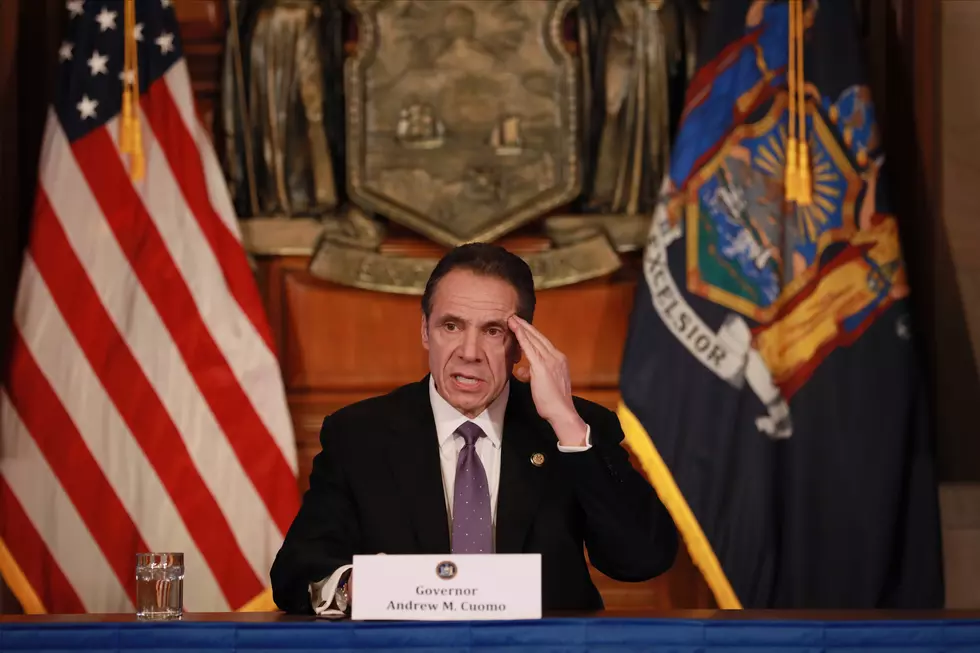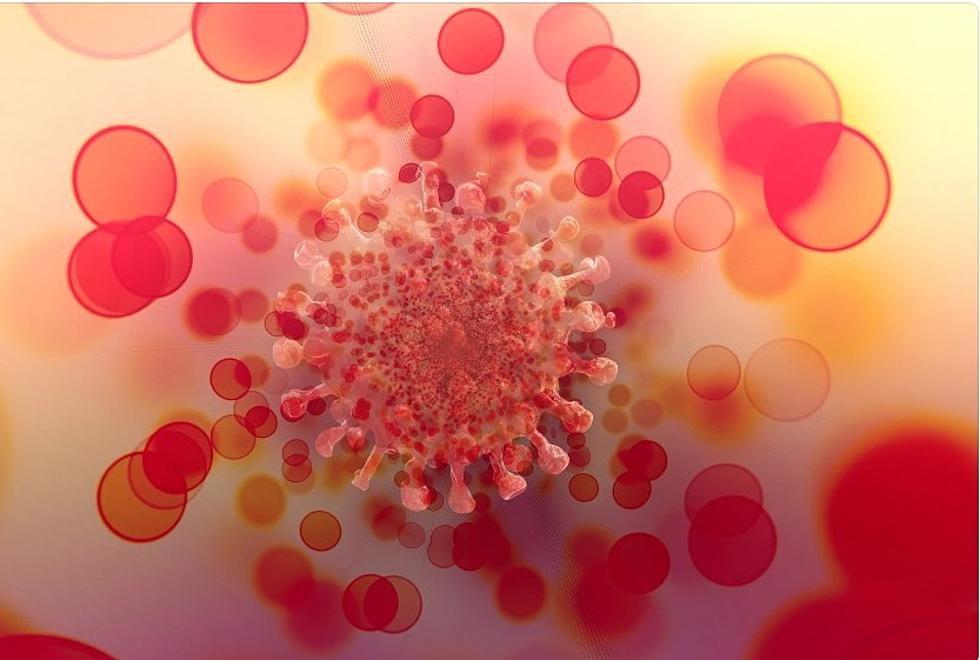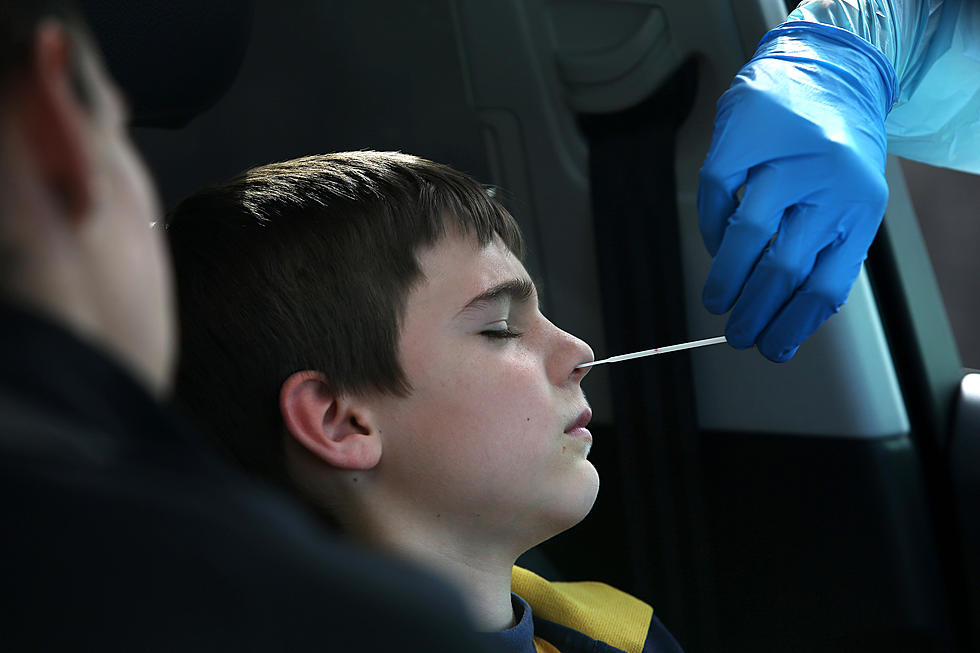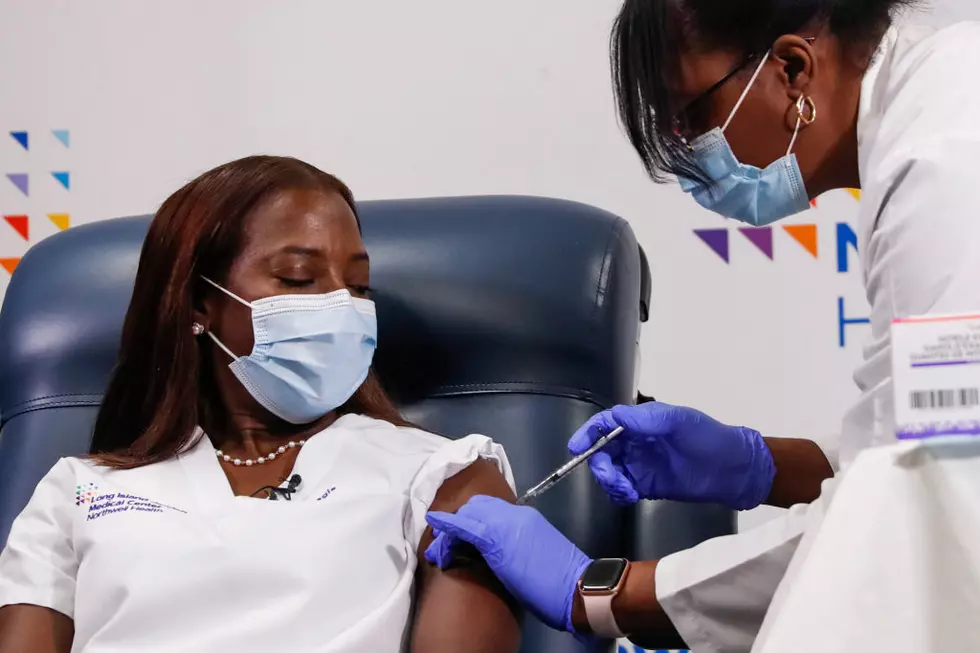
Cuomo: New York on PAUSE to be Extended in ‘Many’ Parts of State
The mandate that closed all non-essential businesses in New York State will be extended in many parts of the state.

On Sunday, during his daily COVID-19 briefing, Gov. Andrew Cuomo outlined a phased plan to re-open New York and re-imagine a "new normal" for the state.
On Monday, he slightly backtracked and said he will extend the New York on PAUSE order "in many parts of the state."
The stay-at-home order that closed all non-essential businesses in New York currently runs until May 15.
Cuomo added he believes some parts of New York will begin to gradually open or "unpause" around May 15.
"We have to be smart about it. Cause if you are not smart we will be right back where we were 58 days ago and no one wants that," Cuomo said.
The Governor added local officials need to start thinking about what reopening will mean for that area.
"We are taking a regional approach to safely reopening NYS," Cuomo tweeted during his press briefing. "Each region is facing its own set of facts. Protecting public health comes first and all decisions will be data-driven."
Factors for reopening include hospitalization rate, antibody testing, diagnostic testing and infection rate.
He believes regional factors for reopening are the health care capacity in each region, such as hospital beds, ICU beds, a stockpile of equipment, a plan for the upcoming flu season and a testing/tracing/isolate program.
"This has been a hellish experience for our country," Cuomo said. "But it has also been a time of cooperation, unity and love. It’s not red state versus blue state. It’s us together versus this virus."
Cuomo announced more drive-by COVID-19 testing sites will be opening in parts of the state this week.
He also announced expanded results from the statewide antibody survey. 7,500 people were tested and the preliminary results suggest that 14.9 percent of the state is positive for the COVID-19 antibody, Cuomo said.
Cuomo announced 337 New Yorkers died from COVID-19 in the last 24 hours, bringing the statewide total to 17,303.
How can I stay safe while grocery shopping? And answers to 24 other coronavirus questions
More From Hudson Valley Post









